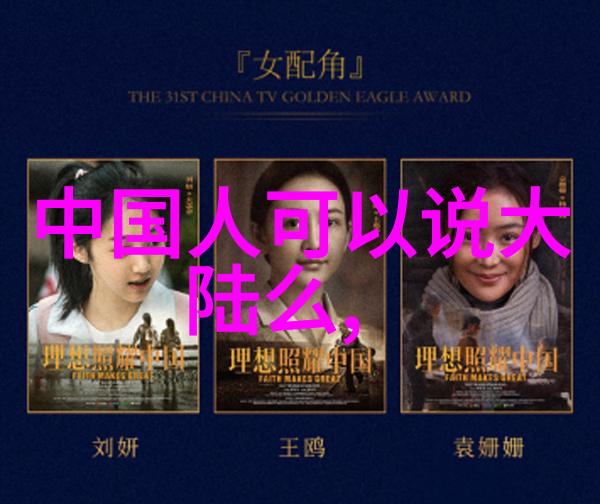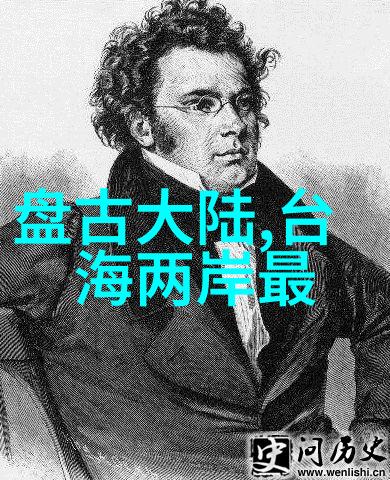秋霞电影研究探索中国影坛中女性角色的演变与影响
秋霞电影研究:探索中国影坛中女性角色的演变与影响
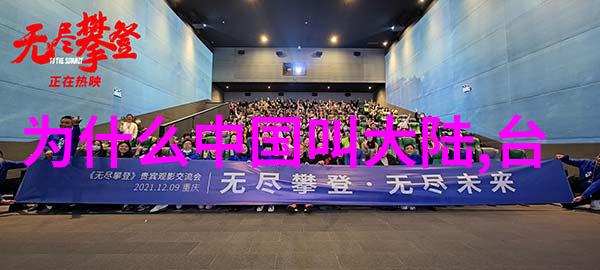
一、引言
在中国电影史上,“秋霞”这个词汇常常被用来形容那些以女性为中心的作品,它们不仅描绘了女主角的成长和挣扎,也反映了社会对女性角色定位的变化。这些电影不仅是观众喜爱的佳作,更是研究者分析社会文化现象的重要窗口。本文旨在通过对“秋霞电影”的研究,探讨中国影坛中女性角色的演变及其在社会文化中的影响。

二、历史背景
中国传统文化中,对于女性的地位一直是一个复杂的问题。在古代, females were often portrayed as the weaker sex, confined to domestic roles and relegated to secondary status. However, with the advent of modernity and the spread of socialist ideas in the early 20th century, women's rights began to gain momentum. The May Fourth Movement marked a turning point in Chinese history, as it brought about a wave of social reform and cultural renewal that emphasized gender equality.
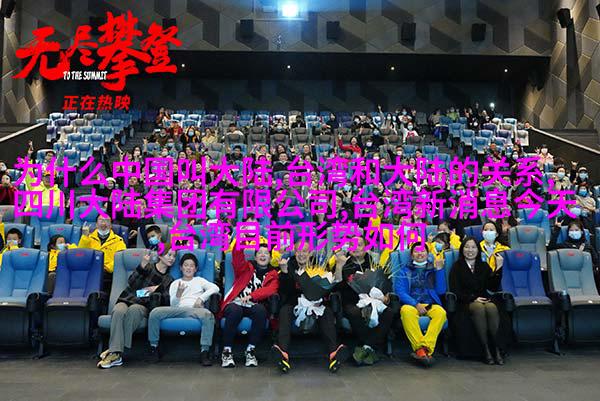
三、早期“秋霞”影片与其特点
The earliest "autumn glow" films emerged during this period of social change. These films typically centered around female protagonists who challenged traditional gender norms and fought for their rights. One notable example is "Qiu Ju da ge ren," directed by Zhang Yimou in 1992. The film tells the story of a rural woman who seeks justice after her husband is beaten up by a local official. Qiu Ju's determination and resilience are portrayed as heroic traits that transcend traditional femininity.
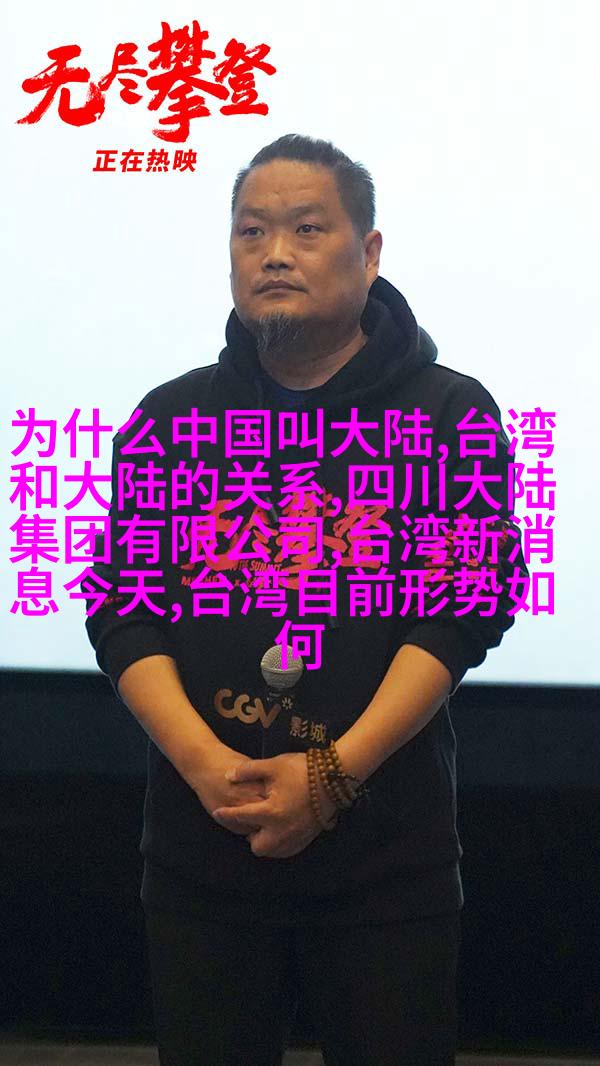
四、中期“秋霞”影片中的转变
As China entered into an era of economic reform in the late 1970s, societal attitudes towards women underwent significant changes. Women began to take on more prominent roles in society, both on screen and off. Films like "Yellow Earth" (1984) directed by Chen Kaige showcased women characters who defied traditional expectations by pursuing their own interests outside the home.
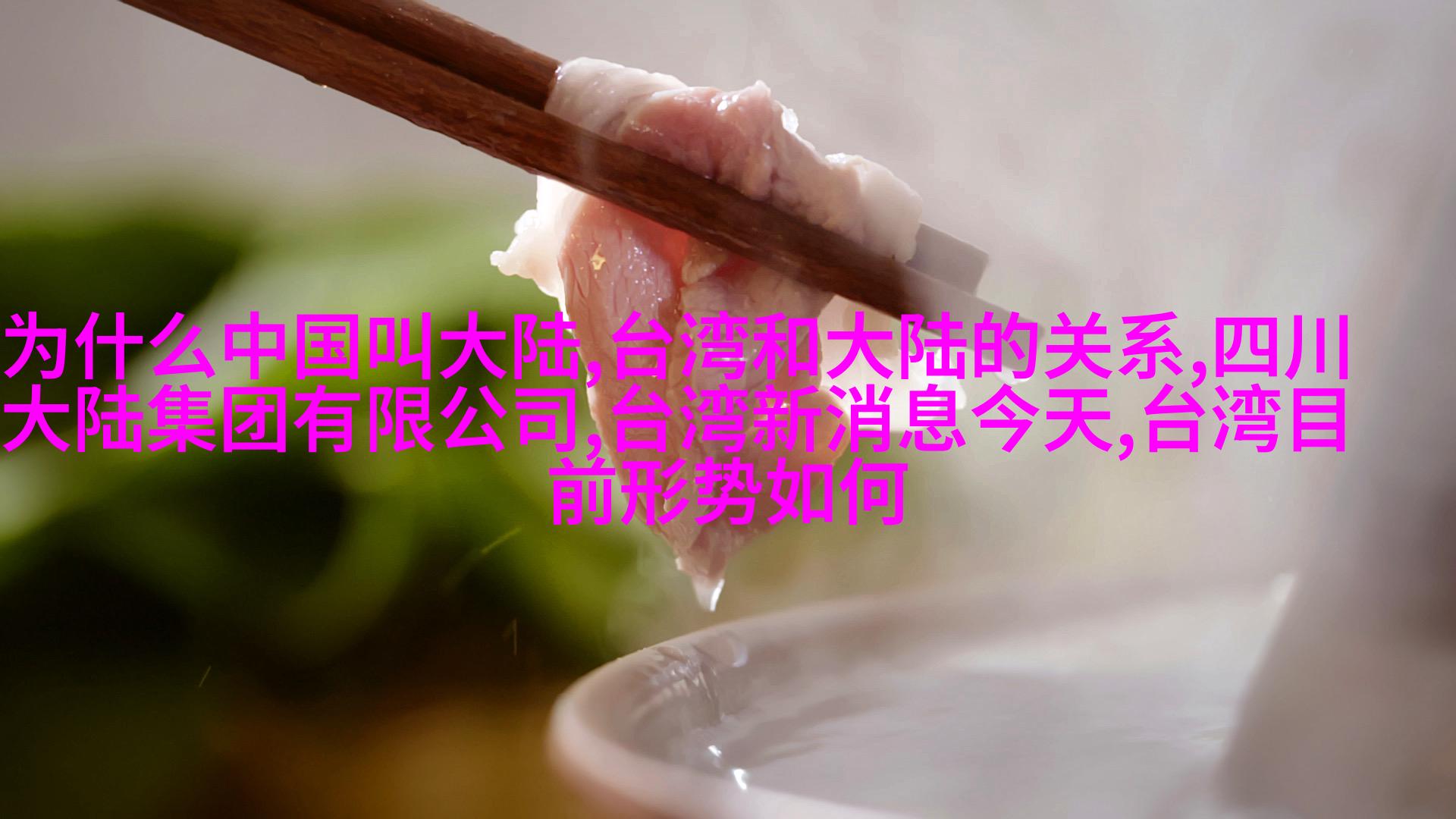
五、现代“秋霞”影片中的挑战与创新
In recent years, Chinese cinema has continued to push boundaries when it comes to portraying female characters on screen. Films like "Flowers of War" (2011) directed by Zhang Yimou explore themes such as prostitution during wartime through complex female characters whose actions challenge societal norms.
六、结论
Through analyzing various stages of Chinese cinema featuring female-centric narratives known as "autumn glow" films, we have seen how these works reflect changing attitudes towards women within society over time from oppression under patriarchy towards empowerment through education & economic opportunities . By examining these movies closely we can better understand not just how cinematic representations evolve but also how they contribute shaping public discourse surrounding gender issues leading us toward greater awareness & inclusivity for all genders alike
